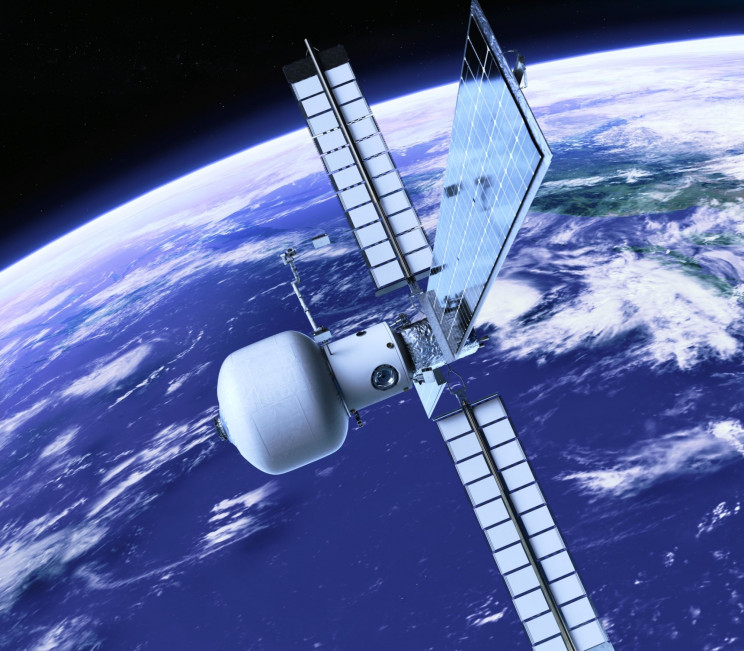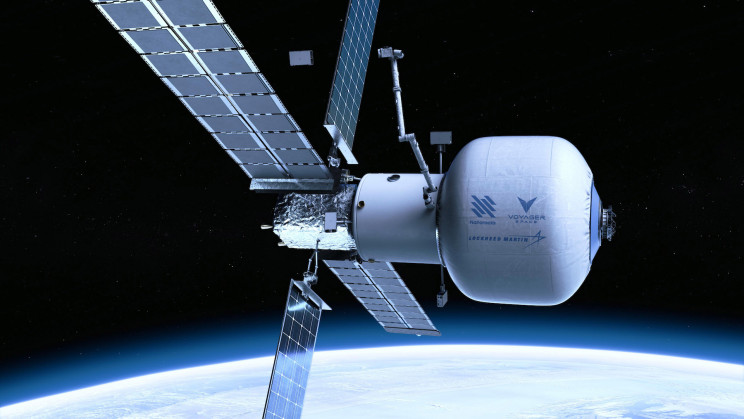The 'First-Ever Free-Flying Commercial Space Station' Will Launch in 2027
Nanoracks, Voyager Space, and Lockheed Martin just announced that they aim to launch the first-ever free-flying commercial space station into low Earth orbit (LEO) by 2027 as part of a collaboration with NASA, a press statement reveals.
The space station, called Starlab, will be used for conducting critical research, ensuring continuous U.S. presence in low Earth orbit, and also for "tourism and other commercial and business activities," Lockheed Martin explains. The fact that the space station is free-flying means that it will not be locked into one orbital position.
Space stations go private
The news comes as the International Space Station (ISS) comes nearer to the end of its lifecycle. International agreements on the operation of the ISS expire in 2024, and Russia has hinted that it may not renew its agreements with the U.S. as it plans to build its own space station by 2025. Though Starlab won't be an out-and-out replacement for the ISS, it is in line with NASA's penchant for private collaborations, such as its fruitful partnership with SpaceX, which saw crewed launches to the ISS return to American soil last year for the first time in almost a decade.
The private space station will 'fully unlock market demand'
Nanoracks explains that, as one of its customers, NASA will receive "comparable research capability and volume to the ISS, but at significantly lower construction and operational costs. This enables NASA to invest further in missions to the Moon, Mars, and beyond."
"Since the beginning, Nanoracks has sought to own and operate a private space station to fully unlock market demand," says Jeffrey Manber, CEO and Co-Founder of Nanoracks. "Our team has spent the last decade learning the business of space stations, understanding customer needs, charting market growth, and self-investing in private hardware on the ISS like the Bishop Airlock. Nanoracks and our team are excited to work with NASA and our friends across the world as we move forward with Starlab."






Post a Comment